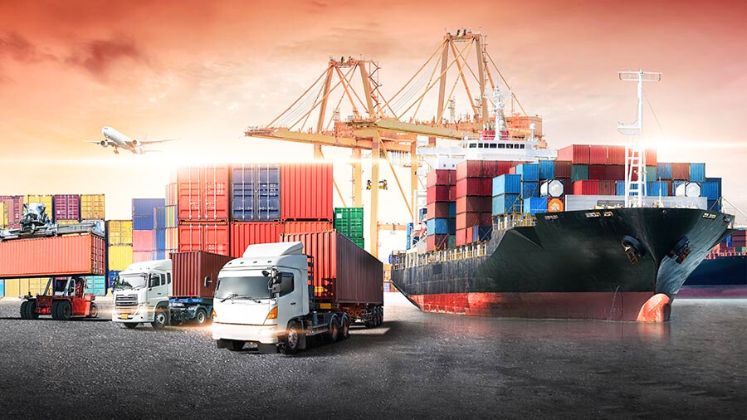
Southeast Asian nations have voiced concern over the United States’ recent tariff measures, describing them as “counterproductive” and warning of potential negative impacts on regional economic stability. The comments come as foreign ministers from the Association of Southeast Asian Nations (ASEAN) convene in Kuala Lumpur for their annual talks.
A draft joint communique obtained by AFP on Tuesday highlighted that ASEAN countries are worried about escalating global trade tensions and the uncertainties they bring. While the statement did not explicitly name the US, it condemned “unilateral actions relating to tariffs” and warned that such measures could deepen global economic fragmentation and challenge ASEAN’s growth prospects.
The tensions stem from President Donald Trump’s recent decision to reimpose tariffs on over a dozen countries, including key trade partners Japan and South Korea, both facing 25% levies. Several ASEAN members, Indonesia, Laos, Thailand, Malaysia, and Myanmar, stand to face tariffs ranging from 25 to 40% if they fail to negotiate agreements with Washington by August 1. Vietnam, another ASEAN member, is among only two countries that have reached a tentative deal to avoid the renewed tariffs.
Trump’s tariffs, announced on 2nd April during what he called “Liberation Day,” initially included a 10% duty on all imports. After market turmoil, the president suspended these tariffs temporarily, allowing time for negotiations. The tariffs are scheduled to take effect again this Wednesday, prompting the US to send letters to targeted countries, informing them of the reimposition.
US Secretary of State Marco Rubio is visiting Asia this week, his first trip to the region since assuming office. He is expected to reassure ASEAN nations of America’s intention to “rebalance” its trade relationships, according to a senior State Department official. Rubio’s visit coincides with trips by Russian and Chinese officials, Sergei Lavrov and Wang Yi, respectively.
Analysts suggest Rubio will play a conciliatory role, emphasising the importance of Southeast Asia to US foreign policy.
During a late May summit, ASEAN leaders expressed their deep concern over the US protectionist measures, which threaten regional economic stability. Malaysia’s trade ministry announced it would continue negotiations aimed at reaching a “balanced, mutually beneficial, and comprehensive trade agreement.” Meanwhile, Thailand’s acting prime minister, Phumtham Wechayachai, emphasised the importance of maintaining good relations with the US, stating that Thailand seeks a “better deal.”
As the deadline for tariffs approaches, the region remains watchful of developments, hoping for constructive dialogue amid ongoing trade tensions.






